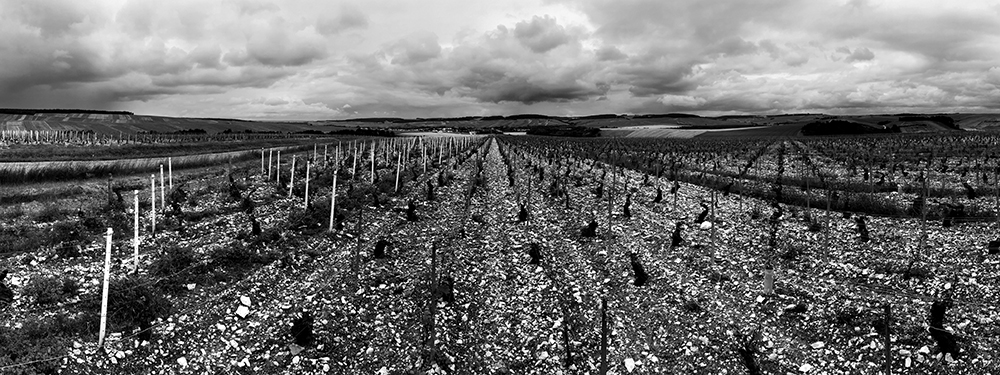As another year draws to a close, we reflect on time and its passing. Wine has its own relationship with time — each bottle contains a multitude of timespans.
Consider a centuries-old vineyard, its limits first drawn in the Middle Ages. Its eighty year old vines have weathered drought and war. Each year they labor one hundred days to make their flowers into ripe fruit. It takes only a few hours to clip the grapes and bring them to the cellar. Then weeks of fermentation and vinification; months of maturation in barrel; years of cellaring in bottle. And then the final act: a few hours in a decanter and a few seconds on the tongue.
A single glass of wine at once calls forward the expanse of the past and provides an experience entirely in the present. Centuries of seasons, unknowable generations — all distilled into a single moment of sensation.
Not all wine lives up to the past it inherits, and thankfully much wine doesn’t claim to. If every bottle of weeknight Côtes du Rhône required contemplation of centuries past, one might switch to beer.
But given space and proper consideration, a bottle of wine is a time machine. Faulkner wrote “The past is never dead. It’s not even past.” At its best, wine tells us stories of where it’s been, making the past alive, and bringing it into the present.
TW

